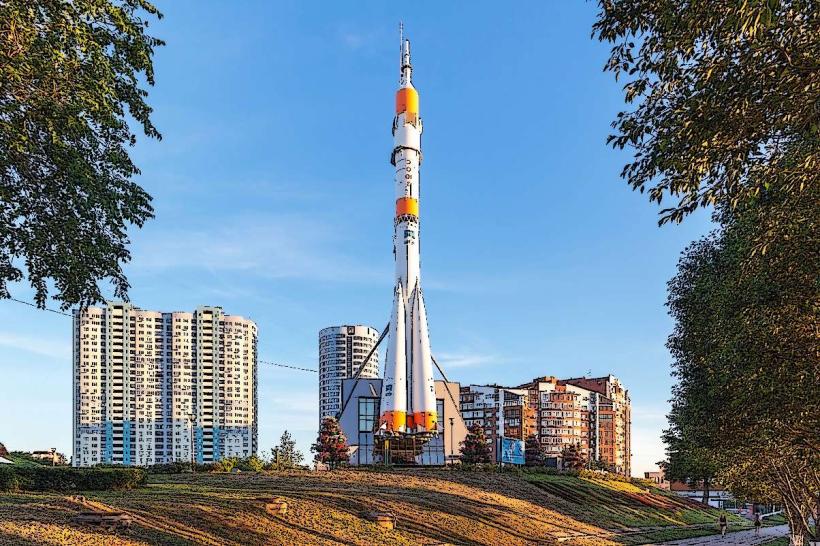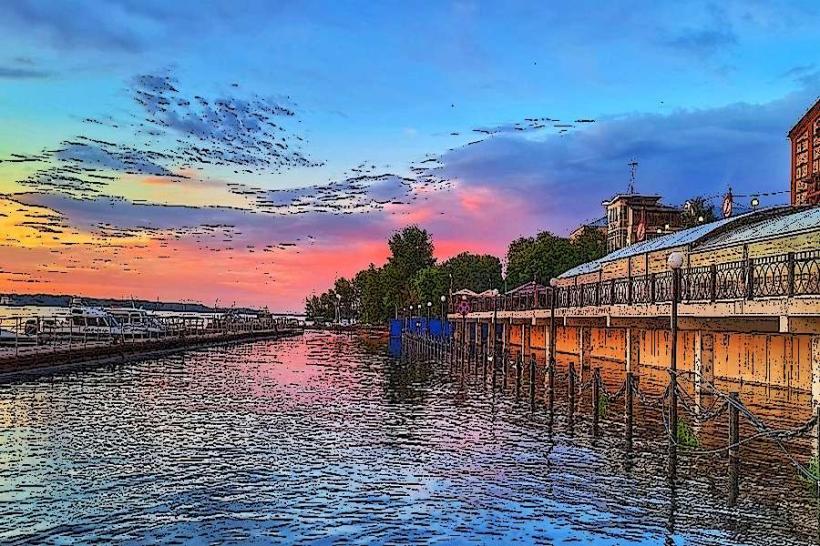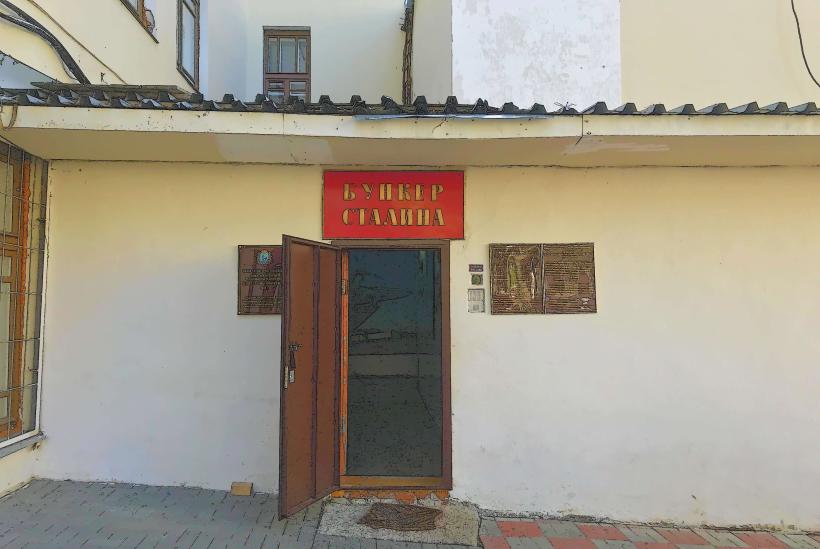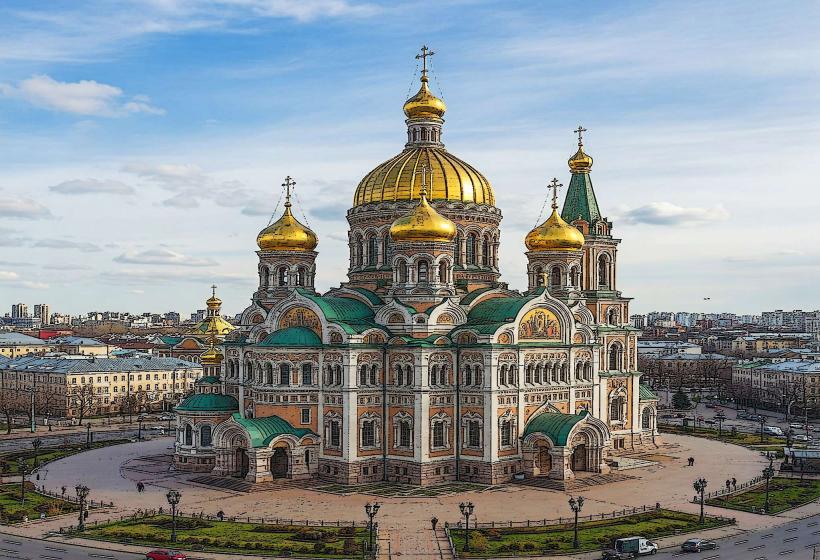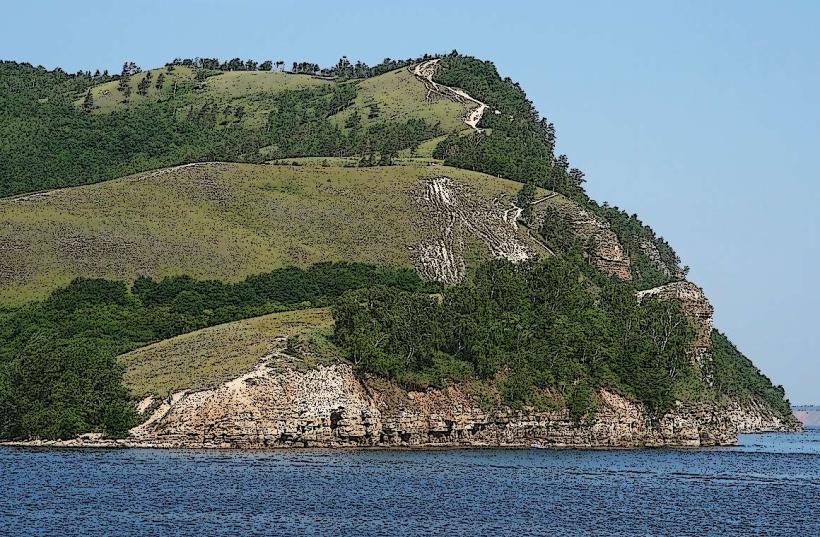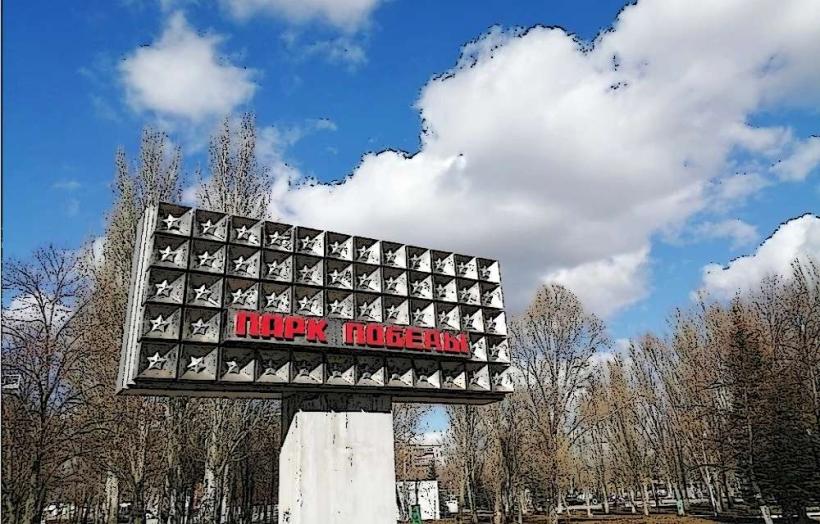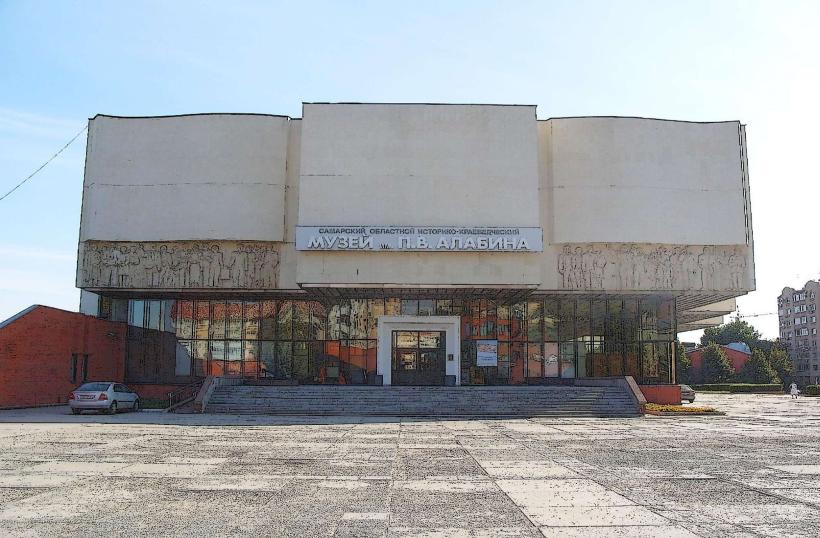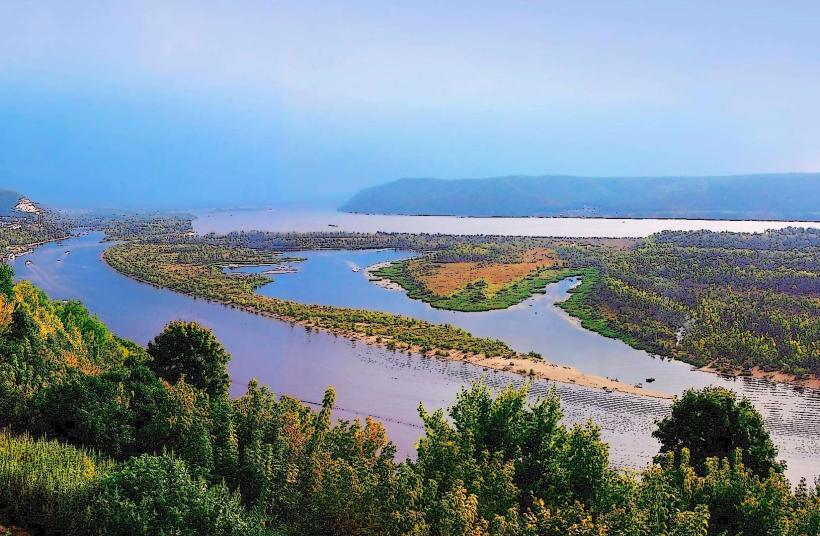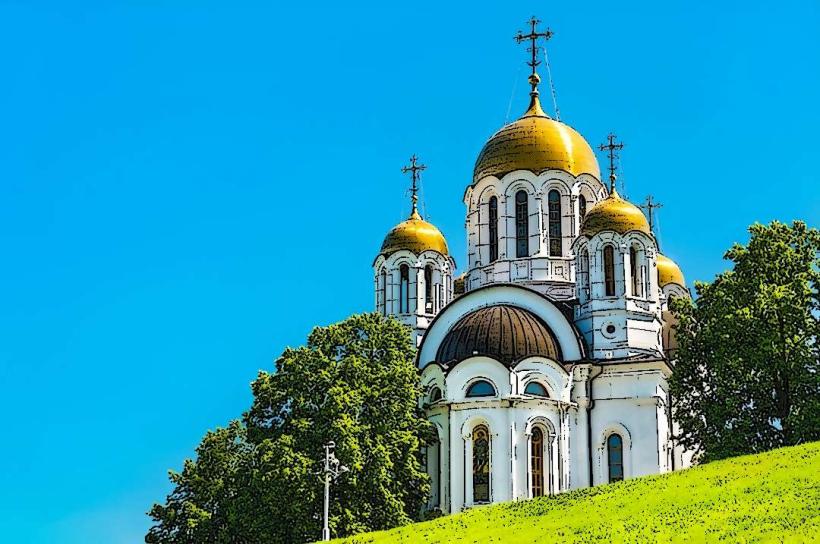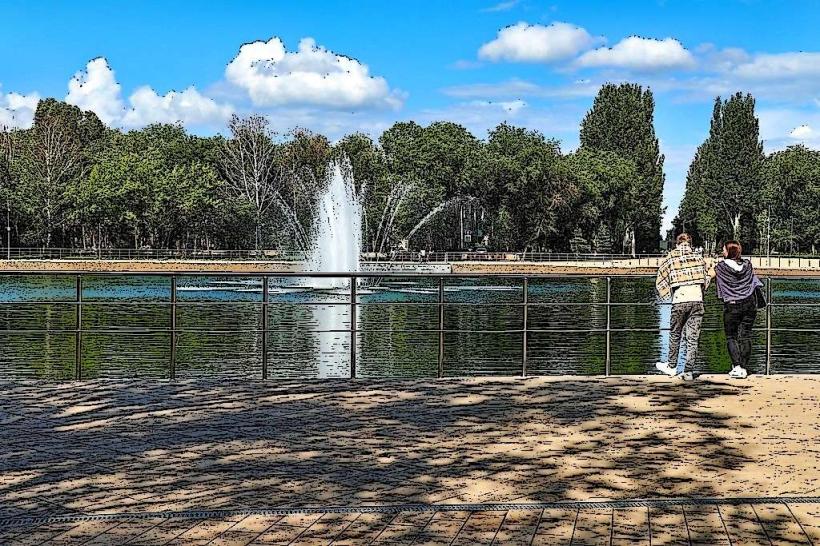Information
City: SamaraCountry: Russia
Continent: Europe
Samara, Russia, Europe
Samara serves as a major industrial, aerospace, and transport hub in the Volga Federal District. It is situated on the left bank of the Volga River at its confluence with the Samara River. During WWII, it served as the "second capital" of the Soviet Union when government functions were evacuated from Moscow.
Historical Timeline
Founded in 1586 as a fortress to protect Russia's eastern borders, Samara grew into a major grain trading center. From 1935 to 1991, the city was named Kuibyshev. During the Soviet era, it was a "closed city" due to its critical role in the aerospace industry; the Vostok rocket that carried Yuri Gagarin into space was built here. In 2026, Samara is a leading center for engine manufacturing and space technology, while increasingly positioning itself as a river-based tourism destination for domestic and BRICS-nation travelers.
Demographics & Population
The metropolitan population is approximately 1.15 million as of 2026. The demographic is primarily ethnic Russian (approx. 90%), with significant Tatar, Chuvash, and Mordvin minorities. The city has a stable but slightly aging population, with a median age of 41 years.
Urban Layout & Key Districts
The city is characterized by its long orientation along the Volga.
Samarsky District: The historic heart containing the 19th-century architecture and the start of the embankment.
Leninsky District: The administrative center featuring Kuibyshev Square.
Oktyabrsky District: A modern residential and business area, home to the Samara Space Museum.
Promyshlenny District: The industrial core in the northeastern part of the city.
Top City Landmarks
Samara Embankment: A 5 km-long tiered promenade and beach, widely considered the best in Russia.
Stalin's Bunker: A secret 37-meter deep command post built in 1942, now a museum.
Samara Space Museum: Features a genuine 68-meter Soyuz rocket monument attached to the building facade.
Kuibyshev Square: One of the largest urban squares in Europe (17.4 hectares).
Iversky Women's Monastery: A 19th-century complex overlooking the Volga.
Zhiguli Brewery: Founded in 1881, the birthplace of the famous "Zhigulevskoye" beer.
Transportation Network
Movement is supported by a single-line Metro (10 stations), an extensive tram network, and river ferries. By April 2026, the city will complete a 29% fleet renewal with new "Lvyonok" low-floor trams. Kurumoch International Airport (KUF) serves as a regional hub with connections primarily to Moscow and Asian hubs. High-speed rail connections to Moscow take approximately 13–15 hours.
Safety & "Red Zones"
Travel advisories from Western nations (US, UK, Australia) remain at "Do Not Travel" in 2026. Risks include arbitrary detention and harassment by security services. Public political activity is a "red zone." While Samara is generally safe, avoid industrial zones like Bezymyanka late at night. GPS interference is frequent near the city's aerospace plants and administrative buildings.
Digital & Financial Infrastructure
Foreign-issued Visa and Mastercard cards do not work. Foreigners must use cash (RUB) or a local MIR card. Internet speeds are high (100+ Mbps). Western social media (Instagram, Facebook) is blocked without a VPN. Mandatory biometric registration for local SIM cards remains in effect for all foreigners in 2026.
Climate & Air Quality
The city has a continental climate with hot, dry summers ($22^{\circ}\text{C}$ to $30^{\circ}\text{C}$) and cold, snowy winters ($−10^{\circ}\text{C}$ to $−18^{\circ}\text{C}$). Air quality in 2026 is rated as "Good" to "Moderate," though winter temperature inversions can trap emissions from the city's petrochemical and aerospace factories.
Culture & Social Norms
Social life centers on the Volga riverfront in summer. Tipping of 10% is standard. Samara is known for a more relaxed, "southern" pace compared to Moscow. Local pride is heavily tied to the city's contribution to space exploration and its industrial heritage.
Accommodation Zones
Samarsky District (Center): Best for historic walking tours and access to the Leningradskaya pedestrian street.
Oktyabrskaya Embankment: Best for modern hotels with river views and proximity to the Space Museum.
Local Cost Index
1 Espresso: 170–210 RUB ($1.85–$2.30)
1 Standard Lunch: 450–700 RUB ($4.90–$7.60)
1 Liter of Petrol: 62 RUB ($0.68)
Nearby Day Trips
Zhiguli Mountains: A UNESCO biosphere reserve offering hiking and panoramic views of the "Samara Bend" (50 km).
Shiryaevo Village: A picturesque village accessible by river boat, home to the Ilya Repin House-Museum.
Tolyatti: Home to the massive AvtoVAZ car factory and a large technical museum (95 km).
Facts & Legends
A verified historical oddity is that Samara was the destination for the "Holy Banner of Samara," which became a symbol of Bulgarian independence during the Russo-Turkish War. A prominent local legend concerns the "Zhiguli Mirages"-reports of phantom fortresses and ghost cities appearing over the Zhiguli Mountains, often attributed to the unique geological and atmospheric conditions of the Volga's Great Bend.

